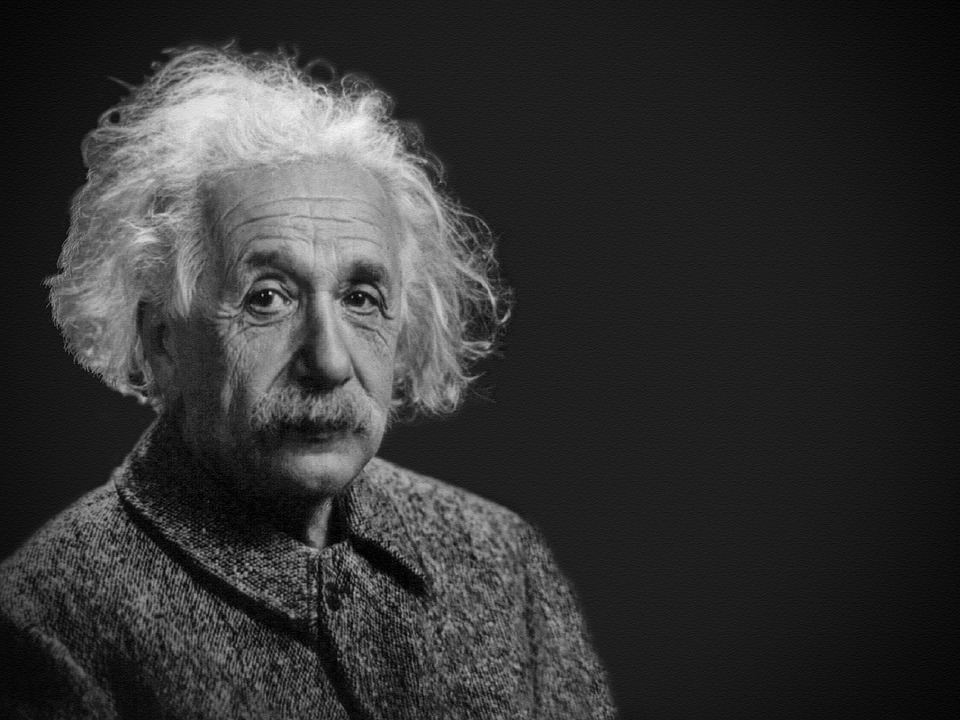Introduction
Quantum computing is an emerging field in the world of technology and computer science that utilizes the principles of quantum mechanics to perform complex computations at an incredibly fast rate. Unlike classical computers that use bits, quantum computers employ quantum bits, or qubits, which can exist in multiple states simultaneously. This article aims to shed light on the basics of quantum computing and help readers understand its potential impact.
What are Qubits?
Qubits are the building blocks of quantum computing. Unlike classical bits that can only exist in either a 0 or 1 state, qubits can exist in multiple states simultaneously, thanks to a concept known as superposition. This unique property enables quantum computers to handle vast amounts of data and perform complex calculations in parallel.
Moreover, qubits can also be entangled with each other. Entanglement allows the state of one qubit to be directly related to the state of another qubit, regardless of the physical distance between them. This phenomenon enables quantum computers to have even greater computational power and opens up new possibilities for solving complex problems.
Quantum Superposition and Entanglement
Quantum superposition is a fundamental concept in quantum computing. In simple terms, it allows qubits to exist in a combination of both 0 and 1 states simultaneously. This means that a qubit can represent multiple possibilities simultaneously, which significantly increases the computational power of quantum computers.
Entanglement is another quantum phenomenon that plays a vital role in quantum computing. When qubits become entangled, the state of one qubit becomes correlated with the state of another. This correlation remains even when the entangled qubits are separated by significant distances. The ability to entangle qubits is what allows quantum computers to handle vast amounts of data and perform parallel computations.
Key Principles of Quantum Computing
Quantum Parallelism
Quantum parallelism is one of the key principles that sets quantum computing apart from classical computing. It allows quantum computers to perform multiple computations simultaneously by leveraging the superposition of qubits. This ability to explore multiple solutions in parallel has the potential to greatly speed up calculations for certain types of problems.
For example, while a classical computer would need to check each possible combination one by one to solve a problem, a quantum computer can explore all combinations simultaneously, thanks to quantum parallelism. This has significant implications for areas such as optimization, cryptography, and simulation that require evaluating numerous possibilities.
Quantum Interference
Quantum interference is another crucial concept in quantum computing. It refers to the phenomenon where the quantum states of qubits interfere with each other, either destructively or constructively, resulting in a final state.
This interference can be used to manipulate the probabilities of obtaining particular outcomes when measuring qubits. By carefully controlling the interference, computational operations can be carried out, leading to computations that would be practically impossible for classical computers.
Applications of Quantum Computing
While quantum computing is still in the early stages of development, there are several potential applications where it could offer a transformative impact:
1. Cryptography
Quantum computing has the potential to revolutionize cryptography by breaking many of the currently used encryption algorithms. It is capable of quickly solving complex mathematical problems, such as prime factorization, which form the basis of many encryption systems. Quantum-resistant encryption algorithms are being actively researched to ensure data security in the future.
2. Optimization
Quantum computing can significantly enhance optimization problems that involve finding the best solutions from a vast number of possibilities. Examples include supply chain management, portfolio optimization, and logistics planning. Quantum algorithms can explore multiple options simultaneously, leading to faster and more efficient solutions.
3. Drug Discovery and Material Science
Quantum computing has the potential to accelerate drug discovery and material science research. Quantum algorithms can simulate the behavior of molecules, allowing scientists to understand complex interactions and design new drugs with higher efficacy. Additionally, quantum simulations can aid in developing new materials with unique properties, like lightweight and highly durable alloys.
4. Artificial Intelligence
Quantum computing could enhance artificial intelligence by improving the training and optimization of machine learning models. Quantum algorithms can reduce the computational complexity of certain AI tasks and enable faster pattern recognition and data analysis. This could lead to advancements in fields such as image and speech recognition, natural language processing, and data mining.
The Future of Quantum Computing
While quantum computing is still in its infancy, significant progress is being made worldwide. Several tech giants, research organizations, and governments are investing in quantum computing research and development. As the technology continues to advance, we can expect breakthroughs in various fields that harness the immense computational power offered by quantum computers.
However, several challenges remain, such as improving qubit stability, reducing error rates, and developing fault-tolerant quantum computing systems. Overcoming these hurdles is crucial for achieving practical and reliable quantum computers.
Conclusion
Quantum computing is a revolutionary technology that has the potential to transform numerous industries and solve problems that are currently computationally infeasible. By harnessing the principles of quantum mechanics and employing qubits, quantum computers can perform complex calculations exponentially faster than classical computers. While there is still much progress to be made, the future of quantum computing looks promising, opening up new avenues for innovation and scientific exploration.

